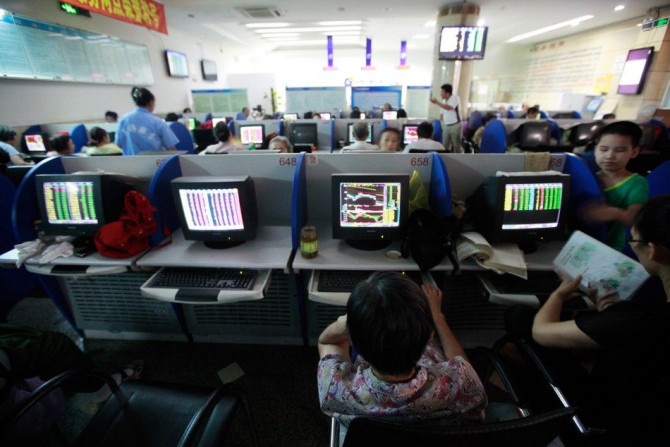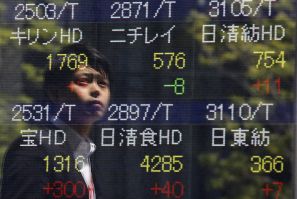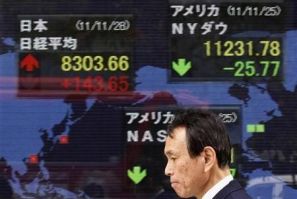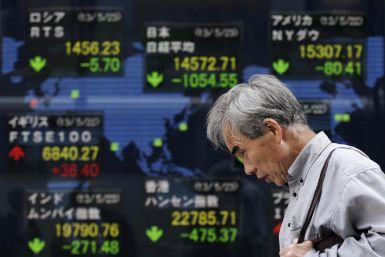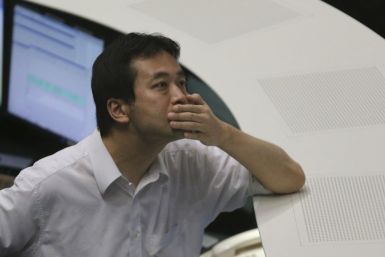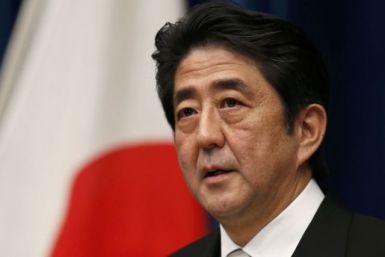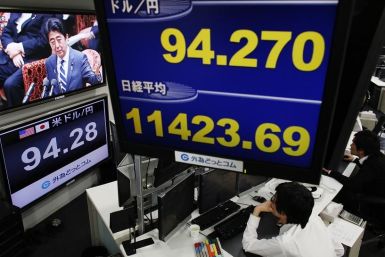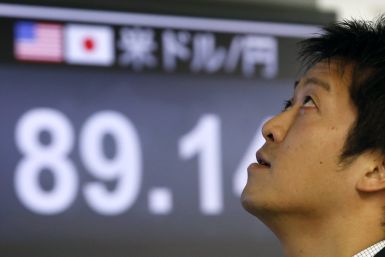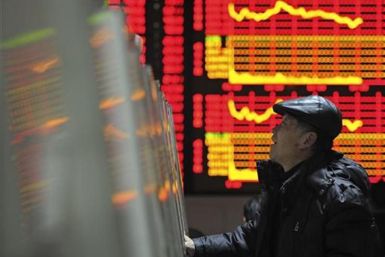Investors seemed to weigh the Asian market sell-off and Europe decline against a stream of encouraging news about the U.S. economy.
Comments by Ben Bernanke and the latest China manufacturing activity report pull down Asian stock markets.
Asian stocks mostly advanced Monday, led by gains in Japanese shares, which rose to a five-year high of 2.2 percent, before closing up 1.89 percent.
Asian stock market mostly declined Wednesday as investors opted for caution ahead of key economic events.
This will be one of the BOJ’s most closely watched meetings in recent years, and it will set the direction and tone for future meetings.
Asian stock markets mostly declined Monday following weaker-than-expected economic reports from China and Japan.
Japan's Nikkei gained 0.50% or 61.95 points to 12,397.91; China's Shanghai Composite rose 0.19% or 4.32 points to 2,240.62.
Asian stock markets advanced Wednesday as investor sentiment turned positive overnight following upbeat economic reports from the U.S.
Global markets breathed a sigh of relief at the last-minute deal to avert the collapse of Cyprus' banks.
Asian stock markets mostly advanced Monday as better-than-expected U.S. non-farm payroll data boosted sentiment.
Asian stock markets advanced Wednesday as sentiment was buoyed after the Dow Jones Industrial Average posted a new record high.
Asian stock markets declined Monday as sentiment was dampened after the Chinese government tightened measures to control rising property prices.
The Japanese government is set to raise over $10 billion from a sale of stake in a tobacco company to fund the reconstruction of areas devastated by the 2011 earthquake and tsunami.
Asian stock markets advanced Monday, led by gains in Japanese shares on speculation that Bank of Japan (BOJ) could get a new governor who is known to be in favor of aggressive monetary easing.
A summit between U.S. President Barack Obama and Japanese Prime Minister Shinzo Abe could lead to a stronger economic partnership.
The yen plummets, the Nikkei pops and the world's G-20 finance leaders say "ho-hum" regarding Japan's forced currency devaluation.
Asian stock markets mostly advanced Monday with Japanese shares climbing more than 2 percent after the weekend’s Group of 20 finance chiefs' meeting has refrained from criticizing Tokyo’s monetary policies that have weakened the yen.
Beggar-thy-neighbor currency devaluations helped crash the global economy in the 1930s. Are we about to repeat?
Asian stock markets were mixed Friday as disappointing Chinese manufacturing activity data weighed on the sentiment.
Asian stock markets mostly fell on Wednesday, with the Japanese Nikkei reporting its first three-day decline in two months.
Asian stock markets mostly advanced Tuesday after the Bank of Japan (BoJ) raised its inflation target and adopted an open-ended asset purchasing program at the end of its two-day policy meeting.
Asian markets were listless Monday as investor confidence was weighed down amid the speculation that policy makers in Japan might disappoint by not announcing substantial stimulus measures in the meeting this week.


